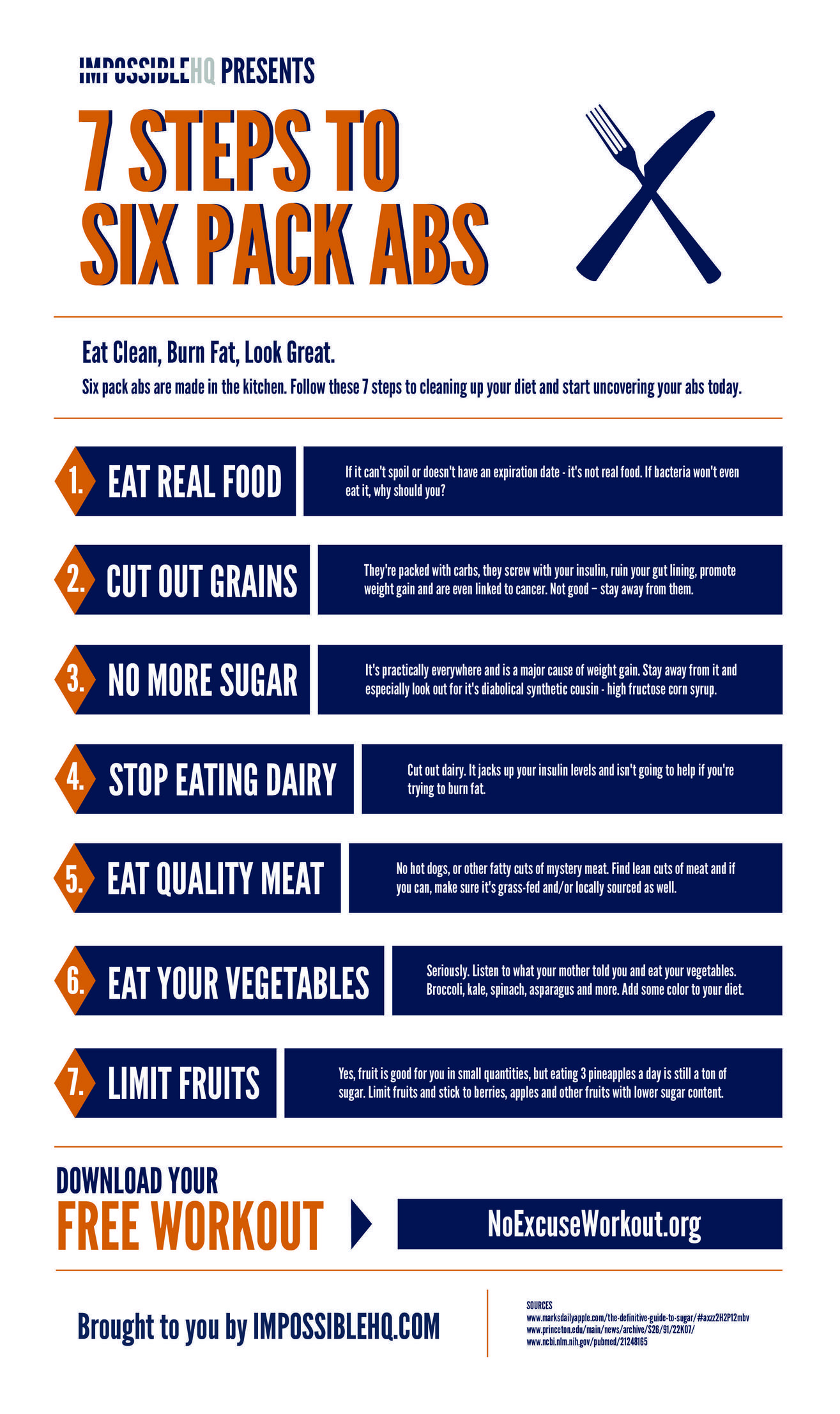
Here are five healthy living tips for adults. If you want to stay healthy, you should reduce your alcohol consumption, eat less processed food, exercise more and cut back on stress. These are easy ways to live a healthier and happier life. If you don’t follow these tips, your health will suffer and you will be left with a low-quality life expectancy.
Reduce alcohol intake
There are many reasons to limit your alcohol intake, but perhaps the most important one is that alcohol increases the risk of cancer. Alcohol can also increase the risk of developing cancer. Aside from posing a health threat to others, alcohol can also be embarrassing. Even though alcohol is safe in small amounts, moderate consumption should be avoided. Here are some healthy ways to reduce alcohol consumption for adults.
Try to not drink late at night. Drinking too late at night can lead to more drinking. If this is true, you might consider looking for an activity that doesn't involve alcohol. Drinking too soon in the evening leads to long sessions. When you have more time, it is more likely that you will enjoy your drink later in the day.
Cut down on processed foods
You can greatly improve your health and lifestyle by reducing the intake of processed food. It is possible to reduce processed food intake in small steps, even though it may seem difficult at first. You can switch to fruit-infused water if soda is a favorite of yours. You can also opt for whole fruits and not the packaged ones. It is possible to make small improvements in your health and overall nutrition.

Instead of buying the processed variety, pick up a bowl of fresh fruit. Whole fruit is much better than processed and added sugar varieties. It will keep you fuller longer and help you avoid eating unhealthy snacks. A great source of fiber is fresh fruits and veggies. Avoid meat if possible and eat more plant-based foods. Physical activity should be a priority for everyone.
Exercise with the family
Whether you live in the city or on a rural estate, you can incorporate physical activity into your daily life with your children. Find activities that work for you and your children. Walking, running and playing video games are just a few of the many activities that families can enjoy together. YouTube videos of various activities can be a good source of family exercise tips. You can combine family outings with physical activity, depending on your family's age.
Start small. You don't have to spend a lot of time creating elaborate plans. Just look for opportunities that allow you to spend more time with your loved ones. Consider parking further from your destination and taking the stairs rather than the elevator to get there. Then, walk to the corner store. Have fun! Playing outside in winter is a great way for you to have fun and spend some time with your loved ones. Go on a picnic or play a sport together.
Reduce stress
High levels of stress can be detrimental to your health. Talk to your doctor to learn how stress can be managed in your life. Your doctor may recommend therapy or medication as a temporary treatment. If you feel stressed out, it is worth taking the time to identify the cause and allow yourself extra time to manage them. It's worth taking a little more time to deal with stress. These are some ways to lower stress levels and get the most out of your time.

Avoid stressful situations. Drugs and alcohol temporarily ease symptoms but do not address the underlying problem. Long-term abuse of these drugs can lead to serious health consequences. Be safe. Avoid traffic jams and the evening news. Walking or biking is a better option than driving to avoid unnecessary stress. Shopping online can be a good option for those who find it stressful. Avoiding stressful situations is a great way to avoid getting hurt.
FAQ
How does mental illness affect my relationships with others?
Your mental health can have a profound impact on your daily life. It affects your ability function properly at school, work, and home. It can be difficult to build meaningful relationships due to mental health issues.
If you are dealing with a mental disorder, it can be easy to isolate yourself. Sometimes you might avoid social situations because it feels like no one understands.
But it is important to remember that people will want to be around your. They just need to learn how to approach and approach you.
Talking to people about your feelings is a good way to connect with others. Ask them to help you.
What can I do if I have mental health problems?
It is vital to seek support if you are experiencing any mental health problems. Perhaps you've been through trauma or suffered abuse in the past. It is possible that you have had to deal with trauma in your past.
You may also be suffering from an eating disorder, addiction, or another type of mental illness. These types of disorders can cause severe damage to your life.
It is best to not try to solve them all by yourself. Instead, you should talk to someone who knows what they're doing. You can get the support you need from a professional therapist to help you overcome these difficulties.
Why is mental well-being important?
Mental health is crucial for everyone. Mental health is vital for anyone. So, it is essential to maintain a healthy mind.
Stress can cause mental problems and even physical symptoms. This can lead to problems like headaches, stomach aches and backaches. Our bodies and minds must be well looked after.
What are some examples?
Any condition that causes severe distress or impairment in functioning is considered a mental disorder. Examples of mental disorders include depression, anxiety, bipolar disorder, schizophrenia, borderline personality disorder, obsessive-compulsive disorder, post-traumatic stress disorder, eating disorders, substance abuse, and others.
Statistics
- Similarly, while there is some agreement about the boundaries of typical mental disorders 2, there is likely less agreement about those for positive mental health. (ncbi.nlm.nih.gov)
- Similarly, for positive mental health, there is likely to be substantial agreement about some typical components (e.g., resilience to stress) 6, and controversy about more atypical components (e.g., career consolidation). (ncbi.nlm.nih.gov)
- In any given year, an estimated 18.1% (43.6 million) of U.S. adults ages 18 years or older suffered from any mental illness, and 4.2% (9.8 million) (healthypeople.gov)
- It does have some influence, but not nearly as much as we might think, so focusing less on attaining wealth will likely make you happier (Aknin, Norton, & Dunn, 2009); (positivepsychology.com)
- Neuropsychiatric diseases are the leading cause of death and disability in the U.S., accounting for 18.7 percent of all years of potential lifespan loss and premature mortality.
External Links
How To
How to tell if you need help from a mental-health expert
To determine whether you need to seek professional assistance, some signs should alert you to the possibility that your problem might require professional attention. If you are noticing any warning signs, consult a doctor.
-
You feel lost in your own head.
-
You have trouble sleeping.
-
Concentration can make your mind race.
-
You begin to consider suicide.
-
You feel helpless.
-
You feel like you don't have enough.
-
You are not interested in the same things that you used to love.
-
You've stopped eating.
-
You have become withdrawn.
-
You're using drugs and alcohol to deal with stress.
-
You have begun to lose friends or family members.
-
Other symptoms may include stomachaches, backaches or headaches.
These signs are important indicators that you need to seek medical attention immediately.